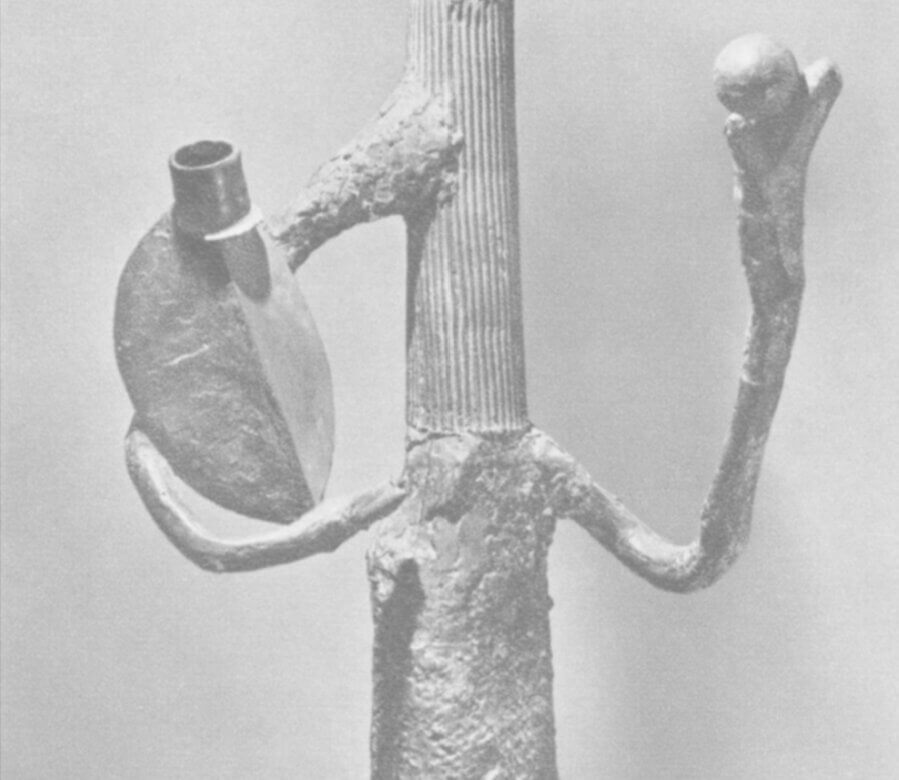Critical Thinking Needed More Than Ever
By Debbie L. King, Vancouver
Volume 35 Issue 1, 2 & 3 | Posted: April 4, 2021

Given the never-ending 24/7 barrage of breaking news arriving on our mental doorsteps these days, coupled with our jam-packed lifestyles, it’s easy to watch a newscast or read an article and simply assume that whatever the anchor or writer is saying is accurate. After all, if it’s on TV or in a newspaper, it must be true, right?
But why are we so quick to make that assumption? In part, it’s because we trust that journalists have bothered to check on the validity of what they’re being told, and are in turn reporting. Yet despite this default trust assumption, our intuition occasionally suspects this might not always be the case, especially in this era of ideologically-filtered journalism.
Enter the apparently lost art of critical thinking. Ironically, I never gave critical thinking much thought until one day, many years ago, my late husband brought it to my attention.
The subject came up after I had just read something to him and was expecting an immediate response. But when none came, I was bothered by what I thought was his lack of interest, a bother which I openly expressed. In response, he said he needed time to mull it over and to think what I had read through. Then he explained that one of the most insightful courses he ever took in university was one on critical thinking. At its most basic, critical thinking is the awareness of not assuming everything you hear or read to be accurate, and to take the time to question it before making up your own mind.
This doesn’t mean one should automatically assume everyone is a liar or that they’re out to cheat you, or sway you. Nor does it mean one should blindly accept everything on face value either, even when it is information reported by mainstream news media or claimed in government announcements. Why? Because even these sources aren’t without their own agenda (e.g. a goal to attract bigger audiences or promote certain political figures and their views). In other words, critical thinking doesn’t just require we carefully scrutinize what we’re being told. It’s part of being a discerning consumer of information, which is key to being more socially intelligent.
Another form of critical thinking is the willingness to be self-critical — which is to say, a willingness to question one’s motives of buying into a particular perspective while at the same time ignoring other valid perspectives.
Advice that I’m offering and taking myself: What WE ALL NEED is more evidence and fewer claims.
So, here’s the question: Are both kinds of critical thinking in short supply these days?
Over and over again, I’m noticing how more and more people on social media are pushing their opinions in rather adamant unforgiving ways, while at the same time showing little tolerance for others’ viewpoints. So, while everyone is entitled to their own views, these days, it seems that many are overly keen to push their views on you. Sure, people don’t have to see eye-to-eye on everything, and that should be okay. Yet for some curious reason, holding a divergence of perspectives no longer appears to be as “acceptable” as it used to be.
A court judge worth his/her salt will always weigh all sides of a legal argument. Why? Because it’s an essential ingredient in the principle of justice. In the same vein, a legal mediator always tries to be a neutral referee when trying to find a conciliatory middle ground in resolving disputes. Similarly, and by long-standing tradition, the Speakers in both Britain’s and Canada’s Parliamentary systems endeavor to remain impartial referees when mediating debates between opposing political parties, and when doing so, insist that parties remain within the limits of respectful parliamentary language.
Yet in today’s social media, grey areas no longer seem to matter. Instead, it’s only black or white, leaving us with 50 shades of polarity. Some have warned this may be one of the by-products of headlines on social media designed to provoke knee-jerk emotional reactions which we affirm when we click our approval or disapproval.
So, what does this imply? It implies we are losing our ability to think in more nuanced terms. It implies we are rushing to conclusions without fully considering the merits of another person’s perspective, or fully appreciating their knowledge or experience.
And when we repeatedly act out of these kinds of default conditioning patterns, we unwittingly reinforce prejudices, which is to say, a more narrow-minded style of “short-hand” thinking, one that takes pride and ego comfort in stereotyping and dehumanizing fellow human beings in easy-to-dispose-of categories. It’s the same thinking habit that the Nazis indulged when describing the Jews in their midst in the lead-up to the Second World War. And history has shown us where that can ultimately lead.
I’m no expert and I have made my own share of stupid mistakes and misjudgments in dealing with all sorts of matters and people. And like everyone else, I’ve learned my share of hard lessons through my mistakes.
Yet nowhere is critical thinking, including self-critical thinking more essential than today, especially when it comes to all we are being told about COVID-19. Our need to try to understand why someone might hold a view different from our own is part of both critical thinking and self-critical thinking (i.e. humility), because none of us should assume we know everything we need to know to navigate this, one of the greatest medical, social, economic and political challenges of our time.
Debbie King is a former CBC staffer who has a lifestyle blog: ThegirlwhowouldbeKing.
By Debbie L. King, Vancouver

